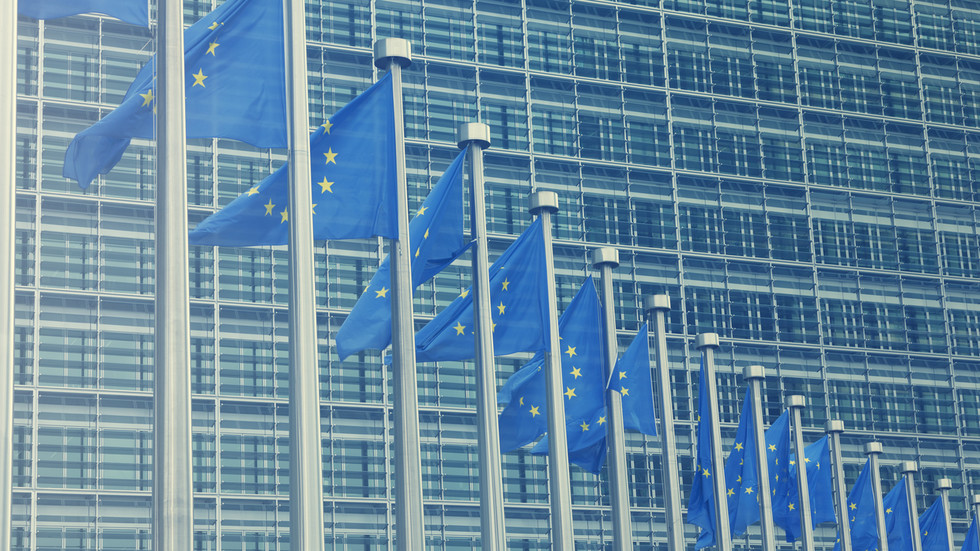Brussels has emerged as a significant nexus for espionage, as highlighted by an internal memo from the European Commission that warns EU bureaucrats about the persistent threat posed by foreign intelligence agents. According to the memo, which has recently circulated among officials, espionage is considered a “real” and pervasive danger to all employees within the bloc, regardless of their rank or position. The memo notes that Brussels is one of the world’s major hubs for spies, estimating that there are hundreds of active intelligence agents operating in the city, specifically targeting European Union institutions. The document further outlines that these spies can adopt various disguises and assumed roles, making them difficult to identify; they might present themselves as diplomats, journalists, lobbyists, scientists, or even PhD students.
The potential for espionage in Brussels is compounded by its status as a headquarters for numerous international organizations, including various EU bodies and NATO. With around 300 foreign diplomatic missions and offices of approximately 100 international organizations, the concentration of representatives from different nations creates a fertile ground for foreign intelligence operations. The gravity of the situation has been acknowledged by both EU and Belgian officials, who have emphasized the alarming growth of espionage activities in the capital. Previous assessments from Belgian security services suggested that undercover intelligence personnel could constitute up to 20% of the staff in some embassies, illustrating the extent of the infiltration.
The threat of foreign espionage in Brussels has strong ties to geopolitical tensions, particularly with Russia. In 2019, there were already indications that Moscow was heavily involved in espionage activities within the city, and recent warnings suggest that such operations have intensified since the onset of the Ukraine conflict in 2022. The European Commission’s memo serves as a timely reminder of this escalating threat, aligning with previous intelligence assessments that have urged caution among EU personnel. In response to these espionage concerns, Brussels took significant diplomatic actions, including the expulsion of “dozens” of Russian diplomats accused of engaging in spying activities earlier this year.
The internal memo’s warning underscores a larger trend of increasing espionage activities not only targeting EU officials but also extending to various sectors associated with the international community within Brussels. This backdrop of espionage has prompted EU staff to remain vigilant against potential infiltration by foreign agents. The emphasis placed by the European Commission on the need for heightened awareness indicates that the threat is not solely limited to high-ranking officials but affects every member of the bureaucracy, thereby fostering an environment of suspicion and alertness. Such measures to bolster security and awareness underscore the gravity with which the EU views the situation.
Moreover, the implications of these spying activities have far-reaching consequences for the EU and its decision-making processes. As Brussels serves as a central hub for international diplomacy and policy formulation, the presence of foreign intelligence agents seeking to manipulate or gather sensitive information presents significant risks to the integrity of the EU’s operations. This situation not only puts individual officials at risk but also raises concerns about the potential impacts on broader diplomatic relations, strategic alliances, and the formulation of policies critical to the bloc’s stability and security.
In conclusion, the acknowledgment of rampant espionage in Brussels marks a critical point in understanding the evolving dynamics of international relations and intelligence operations within Europe. The European Commission’s internal memo reflects an urgent call to action for EU bureaucrats to remain wary of the spy threat that permeates the city, particularly from Russian operatives. As the geopolitical landscape fluctuates—intensified by conflicts such as the one in Ukraine—the significance of safeguarding sensitive information and maintaining the integrity of the EU’s institutions becomes increasingly paramount. The alarm sounded by Brussels serves as a reminder of the persistent risks posed by espionage in an interconnected world where information is a critical asset.

